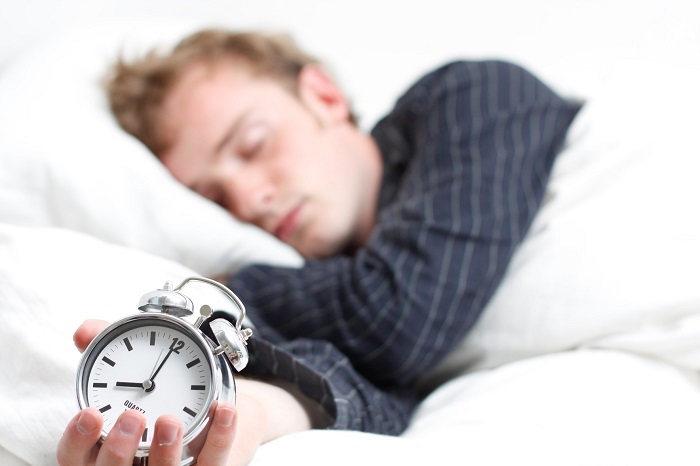In other words, you can’t just will yourself to be a morning person if you’re programmed otherwise.
The good news is that many people have neutral internal clocks (a.k.a circadian rhythms) that follow society’s schedule. That’s why so many of us hit our pillows around 11 p.m. and waking up around 7 a.m., to fit in with work and school hours. But smaller fractions of the population tend to be more extreme morning people or extreme night owls, Frederick M. Brown, associate professor of psychology and the director of the Human Performance Rhythms Laboratory at Penn State University, previously told The Huffington Post.
The unfortunate, not-so-good news, as explained in the video, is that if you tend to not have a neutral internal body clock, waking and sleeping against your body’s internal clock everyday can have some severe consequences on your health — and put you in an almost constant state of jet lag.
It may take you longer to fall asleep, you may end up getting less sleep overall during the workweek when you need to get up earlier than your internal clock wants you to and memory capacity, cognitive performance and even metabolism may suffer, Till Roenneberg, professor and head of Human Chronobiology at the Institute of Medical Psychology at Ludwig-Maximilian University (LMU) of Munich, previously explained to Huff Post.
What’s a night owl to do? Experts say practicing good sleep hygiene — like powering down electronics at night, picking a consistent bedtime, staying active throughout the day and these other steps — can make a big difference in helping late sleepers make the most of their nights and make mornings bearable enjoyable, too.
Spoiler: quick afternoon naps are encouraged!
More about:
















































